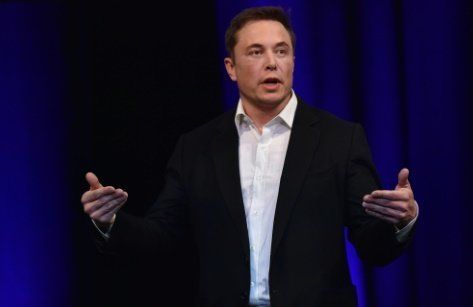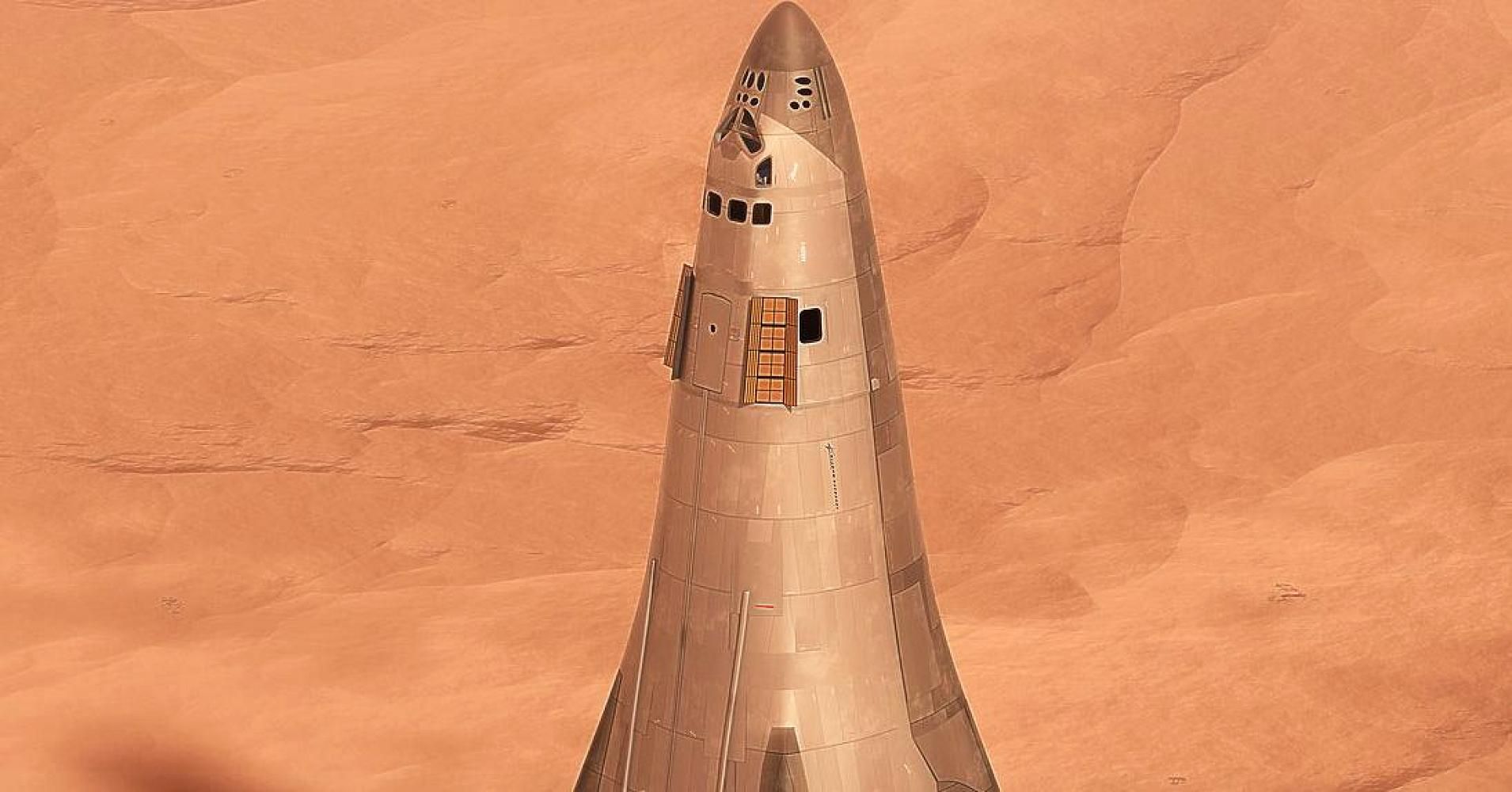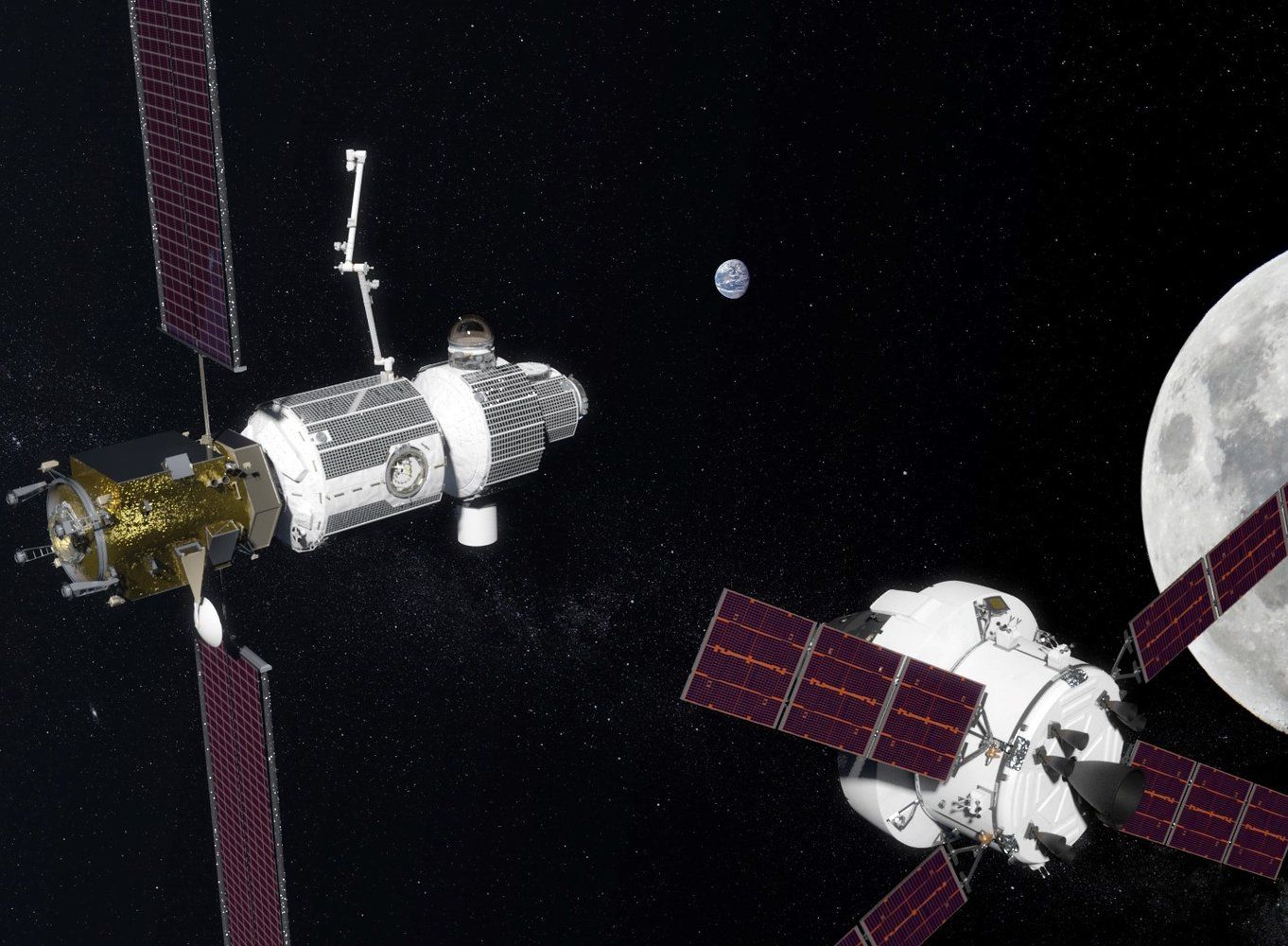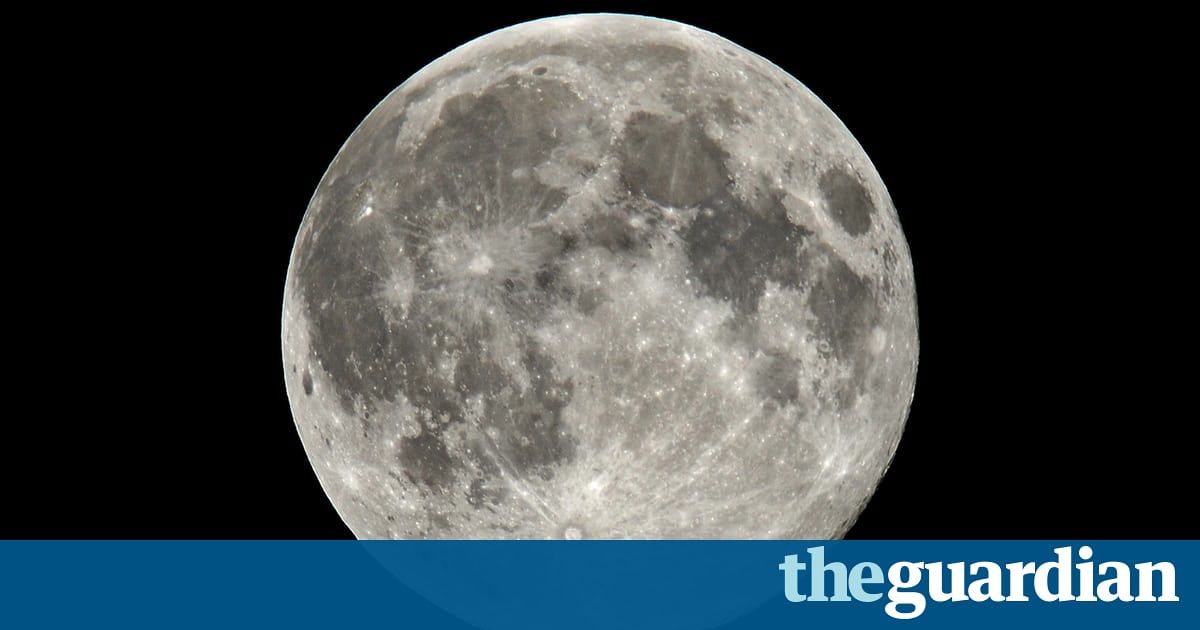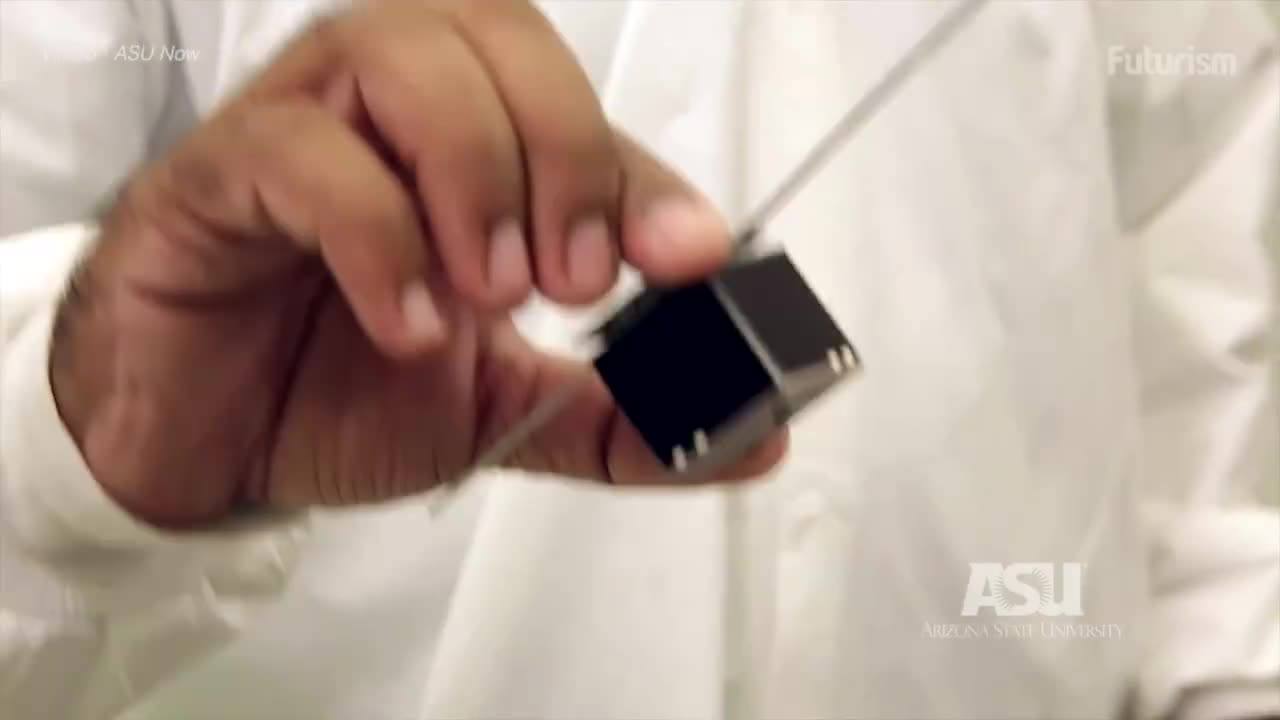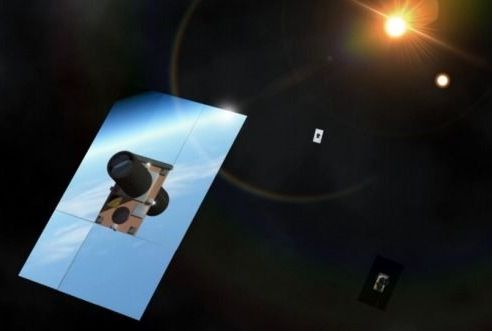Futurist and inventor Elon Musk unveiled ambitious plans Friday to send cargo ships to Mars in five years and use rockets to carry people between Earth’s major cities in under half-an-hour.
The founder of SpaceX said a planned interplanetary transport system, codenamed BFR (Big Fucking Rocket), would be downsized so it could carry out a range of tasks that would then pay for future Mars missions.
“The most important thing… is that I think we have figured out how to pay for (BFR),” Musk told a packed auditorium at a global gathering of space experts in Adelaide.
